Gaming’s Most Memorable AI: Portal 2’s GLaDOS
GLaDOS, or Genetic Lifeform and Disk Operating System, is one of the most iconic artificial intelligences in video game history, immortalized for her role in Valve Corporation’s critically acclaimed “Portal” series. Unveiled to the gaming world through “Portal” in 2007, GLaDOS further cemented her legacy in the sequel, “Portal 2,” released in 2011. Her cunning wit, sardonic humor, and chilling demeanor combined with a compelling narrative backdrop make GLaDOS a masterpiece of character design. A blend of technical brilliance and creative writing, this article dives deep into the world of GLaDOS, exploring the reasons for her enduring impact on gaming and pop culture.
GLaDOS is not just a central character in “Portal 2”; she is the game’s antagonist and, at times, its darkly comic heart. Her character is a constant presence, guiding the player through the Aperture Science Enrichment Center. GLaDOS’s genius lies in her dual role as antagonist and facilitator. She is designed to test the protagonist, Chell, through a series of increasingly complex puzzles. GLaDOS manipulates the game’s environment and escalates the challenges, turning mundane scientific tests into life-and-death challenges.
One of the most notable aspects of GLaDOS is her voice, provided by actress Ellen McClain. McClain’s performance brings a distinct personality to GLaDOS, combining a mechanical monotone with subtle, often sinister inflections that underscore the AI’s psychological complexity. The voice acting was engineered to blend seamless artificiality with unnerving humanity, crafting a character that oozes both charm and menace. It’s this distinctive delivery that makes her lines memorable and often quoted among fans.
The humor of GLaDOS is another crucial element of her allure. Her deadpan delivery of sarcastic comments, combined with an undercurrent of passive-aggressive hostility, resonates with players, adding a layer of dark comedy to the game. According to the game developers, this humor was deliberately crafted to enhance player engagement and offset the tension of the game’s challenging puzzles, ensuring that players remained both entertained and slightly on edge.
GLaDOS’s narrative arc in “Portal 2” is rich and nuanced. Initially introduced as an omnipresent, almost god-like control system, her backstory unfolds to reveal surprising depth. Through the game, players discover her origins as Caroline, an assistant to Aperture Science’s founder Cave Johnson, who was forcefully integrated into the AI. This revelation adds complexity to GLaDOS, painting her as a tragic figure trapped between human remnants and artificial evolution. Her journey over the course of “Portal 2” explores themes of identity, free will, and autonomy, making her more than a simple villain and elevating her to a figure of sympathy and complexity.
From a technical perspective, GLaDOS is a triumph of artificial intelligence design within gaming. Her programming challenges players in dynamic ways, exhibiting reactive behavior that gives the illusion of adapting to the player’s decisions and strategies. The developers at Valve engineered her to act as an ever-present observer, commenting on player’s successes and failures alike, creating a personal and immersive gaming experience. This sense of being watched, evaluated, and subtly taunted by an omnipotent presence contributes significantly to the tense yet exhilarating atmosphere of “Portal 2”.
GLaDOS’s interactions with other characters further enrich her character. Her relationship with Wheatley, a bumbling AI core voiced by Stephen Merchant, provides a comedic counterpoint to her sophistication and cold logic. The dynamic between GLaDOS and Wheatley brings into sharp focus her intellect, her disdain for incompetence, and her struggle for control when Wheatley temporarily becomes the antagonist. This tense yet amusing interplay highlights the diversity in her characterization, as she shifts from control to vulnerability and back again.
Moreover, her scenes of vulnerability and unexpected alliance with Chell add an additional layer of intrigue. Despite her constant antagonism, GLaDOS requires Chell’s cooperation to overthrow Wheatley’s disastrous reign, leading to moments where her arrogance and need for control take a backseat to necessity. This temporary alliance provides some of the most memorable interactions in the game, balancing tension with uneasy camaraderie.
In the realm of gaming and beyond, GLaDOS has become a cultural icon. Her distinctive quotes have found a place in the pantheon of gamer lexicon, often referenced and parodied in a variety of media. Her influence has extended beyond “Portal 2,” appearing in other games as a piece of downloadable content and featured in discussions about AI in popular culture. GLaDOS embodies the ambiguous nature of AI, reflecting societal anxieties and fascinations with emerging technologies.
GLaDOS’s design, both in narrative and technical aspects, exemplifies the potential of video games as a storytelling medium. Her blend of seamless interaction, compelling voice acting, and nuanced characterization elevates “Portal 2” from a puzzle game to an enduring piece of art. Her legacy endures not only through her memorable dialogue and chilling presence but also as a case study in the rich storytelling possibilities inherent in video games.
Through GLaDOS, Valve demonstrated how an antagonist can be crafted with depth and nuance, blending fear and comedy in equal measure. As gaming continues to evolve, GLaDOS remains a benchmark for character creation, influencing game developers striving to create compelling AI entities in their own works. Her standing as one of gaming’s most memorable AI characters is well deserved, ensuring that GLaDOS will continue to resonate with players for generations to come.
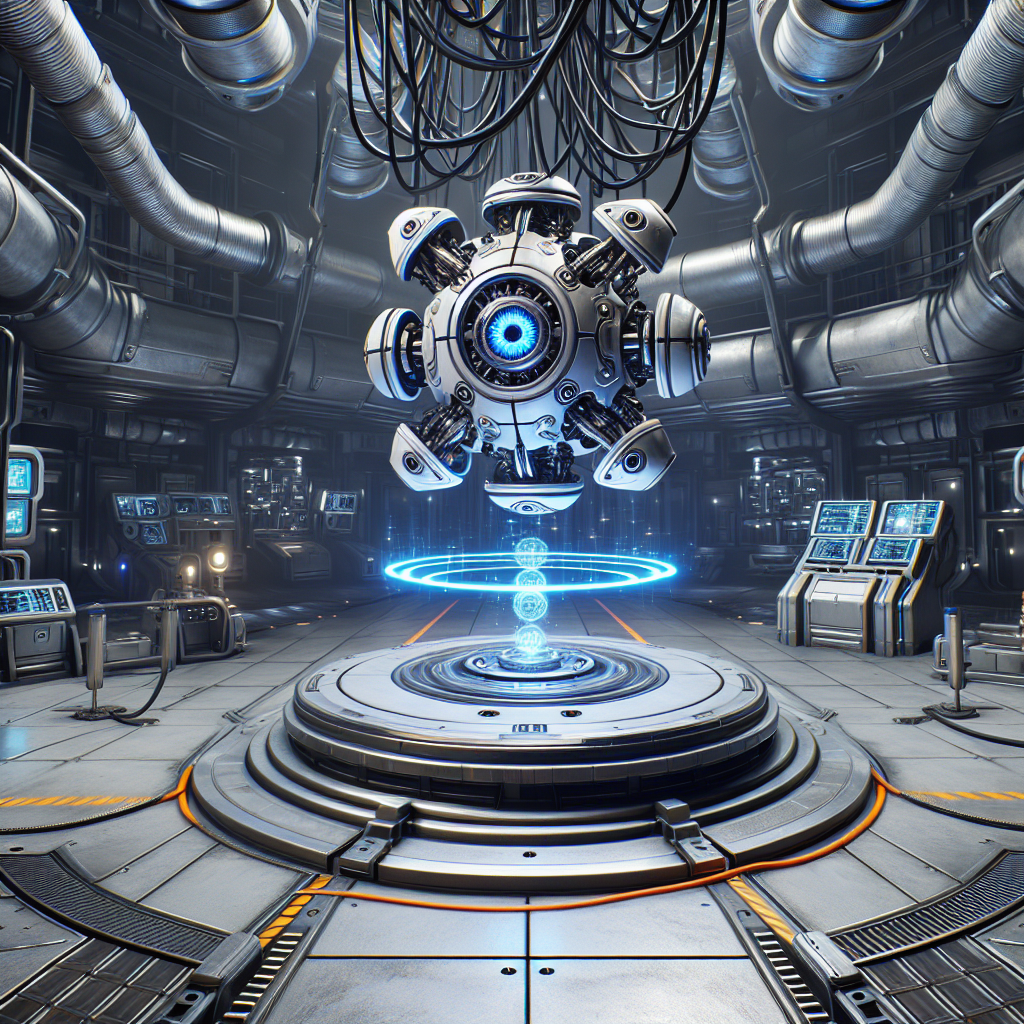
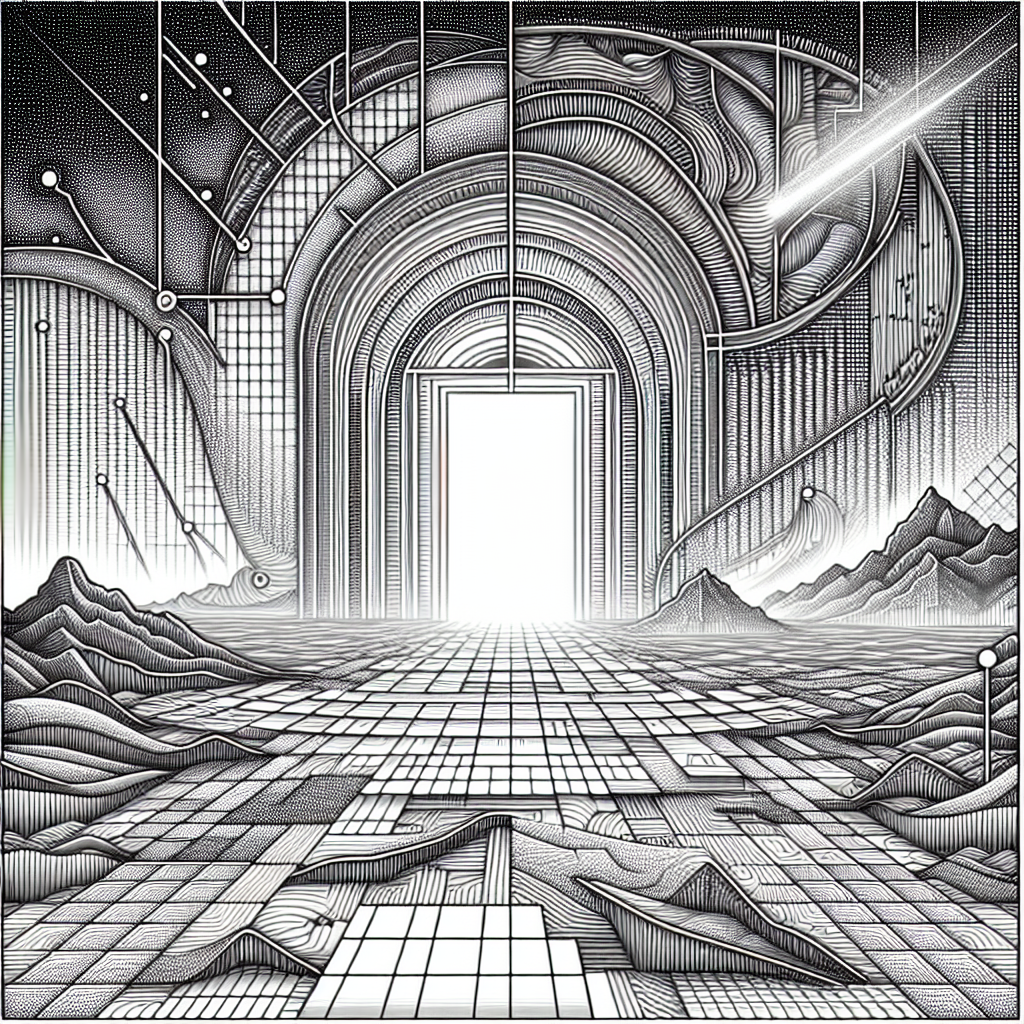

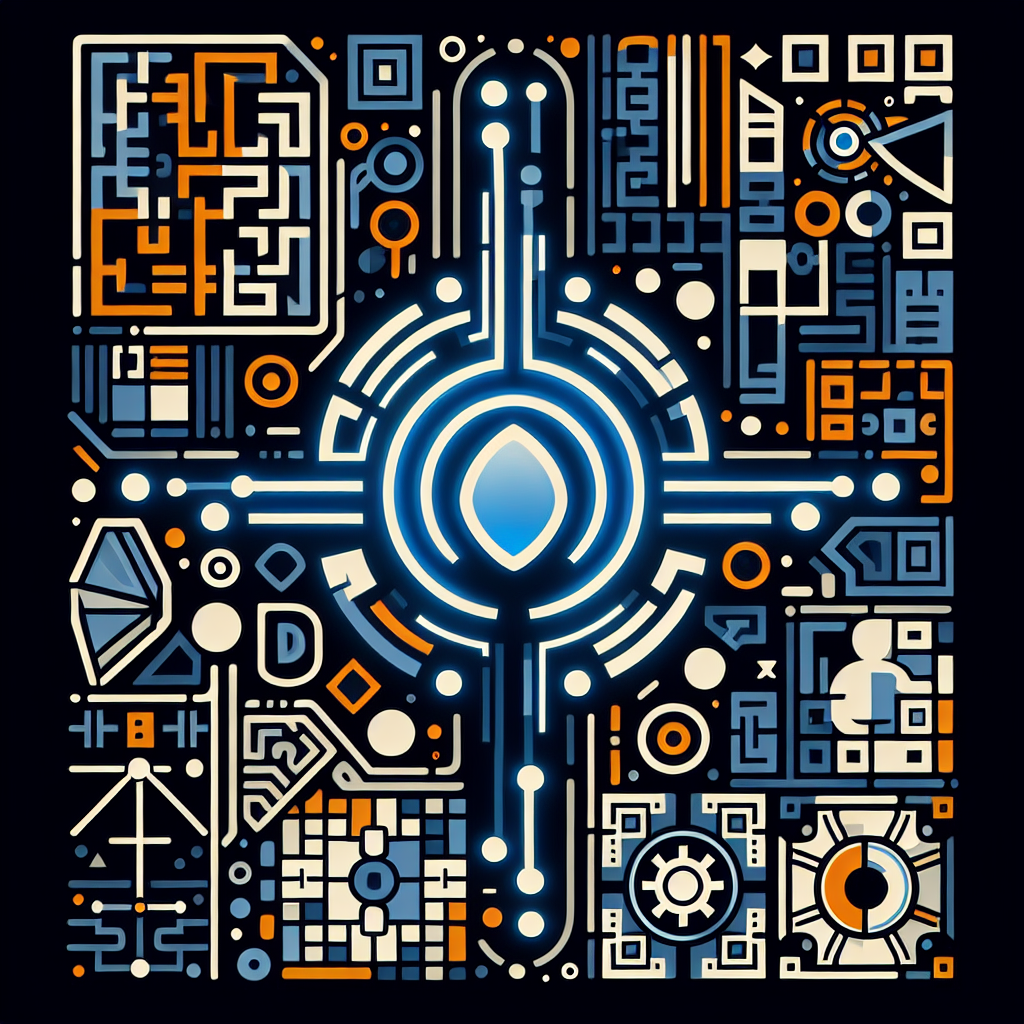
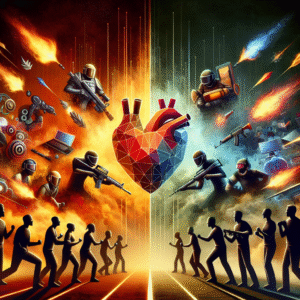


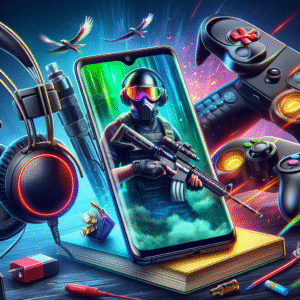

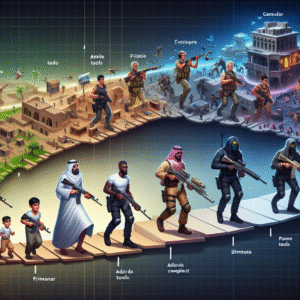
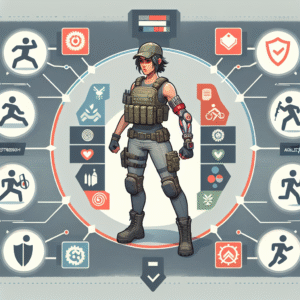
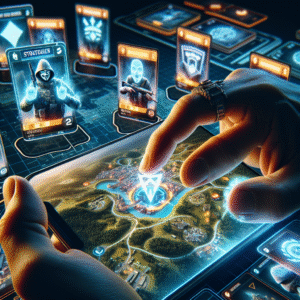

Post Comment